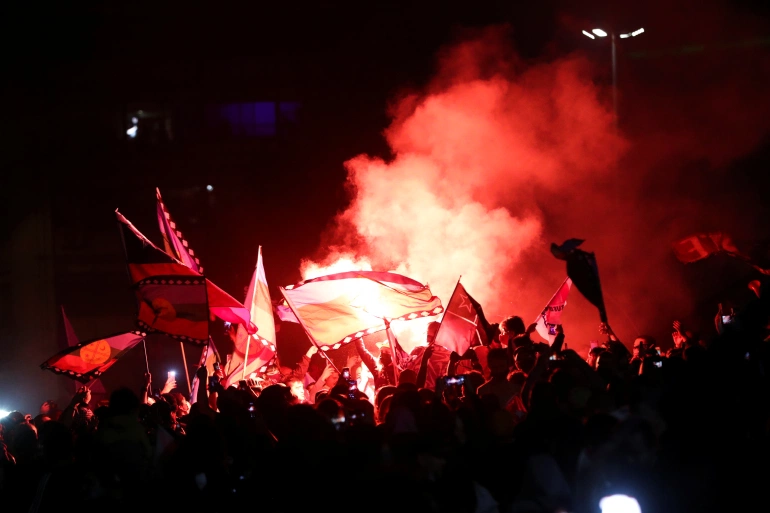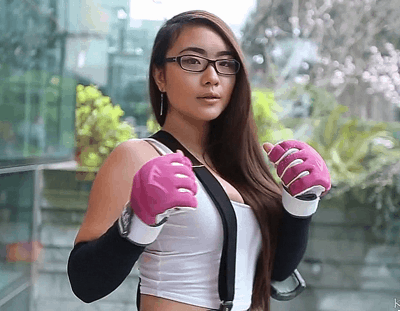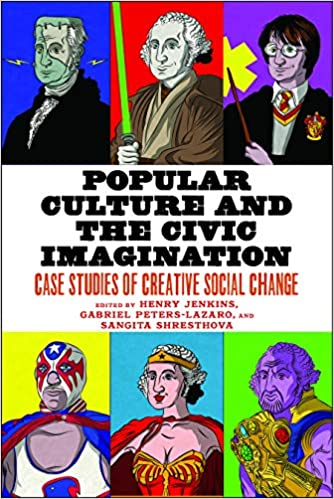Civic Imagination
Lucy Adeniji People light flares as they gather to protest against Chile's government during a referendum on a new Chilean constitution in Santiago, Chile, October 25, 2020 [Ivan Alvarado/Reuters]
People light flares as they gather to protest against Chile's government during a referendum on a new Chilean constitution in Santiago, Chile, October 25, 2020 [Ivan Alvarado/Reuters]As ...
A question:
what would a better tomorrow look like?
A quote:
“One cannot change the world unless one can imagine what a better world might look like. Civic imagination is the capacity to conceptualise alternatives to current cultural, social, political, or economic conditions; it also requires the ability to see oneself as a civic agent capable of making change, as a participant in a larger democratic culture.”
—Popular Culture and the Civic Imagination
A poem:
Imagine a better world
Imagine the process of change
Imagine ourselves as civic agents
Imagine our connections with a larger community
Forge solidarity with others with different experiences than our own
Bring an imaginative dimension to our real world spaces and places
—Civic Imagination Project

Congreso de Artistas Chicanos en Aztlan "We Art Not A Minority," Mural Estrada Courts Housing Project East Los Angeles, 1978

An example in the digital space:
Gender inequality has been one of the most serious social problems in Korea; it ranked 116th out of 144 countries in the 2016 Global Gender Gap Report. Megalia, a radical feminist online community established in 2015, was understood as a response to the misogyny both online and offline. Part of their campaign has been to satirically mirror the sexist speeches found on the largely male-based website DC Inside (DC), where female is the normative gender. “It’s the honest thought of foxes to wish her future husband is a virgin… So men, modestly take care of your body as if it’s a precious jewel like a gentleman and give the precious, beautiful gift called virginity to your future wife. [emphasis added]• “The Honest Opinion of Foxes” a mirroring response by a Megalia user posted on DC Inside (Femiwiki)Megalia will be examined as the vehicle that facilitate the civic imagination (Jenkins et al.2016) that led to remarkable solidarity and participation in Korea’s feminist activism. ...
Collective imagination is the first step towards social change. It is the start of a conversation, all must be able to participate. But if we choose not to participate in the conversation, the conversation will be had without us.
For more interesting examples of civic imagination see:
• In art: The 60s Chicano Mural Movement in how Mexican-Americans reinvigorated and reimagined their culture in response to racism.
• In politics: The current redesigning of the Chilean constitution (The constitutional convention) which was created under the Augusto dictatorship and still denies many Chileans proper access to education and healthcare.
• Popular Culture and the Civic Imagination, Case Studies of Creative Social Change, By Henry Jenkins, Sangita Shresthova, Gabriel Peters-Lazaro.
